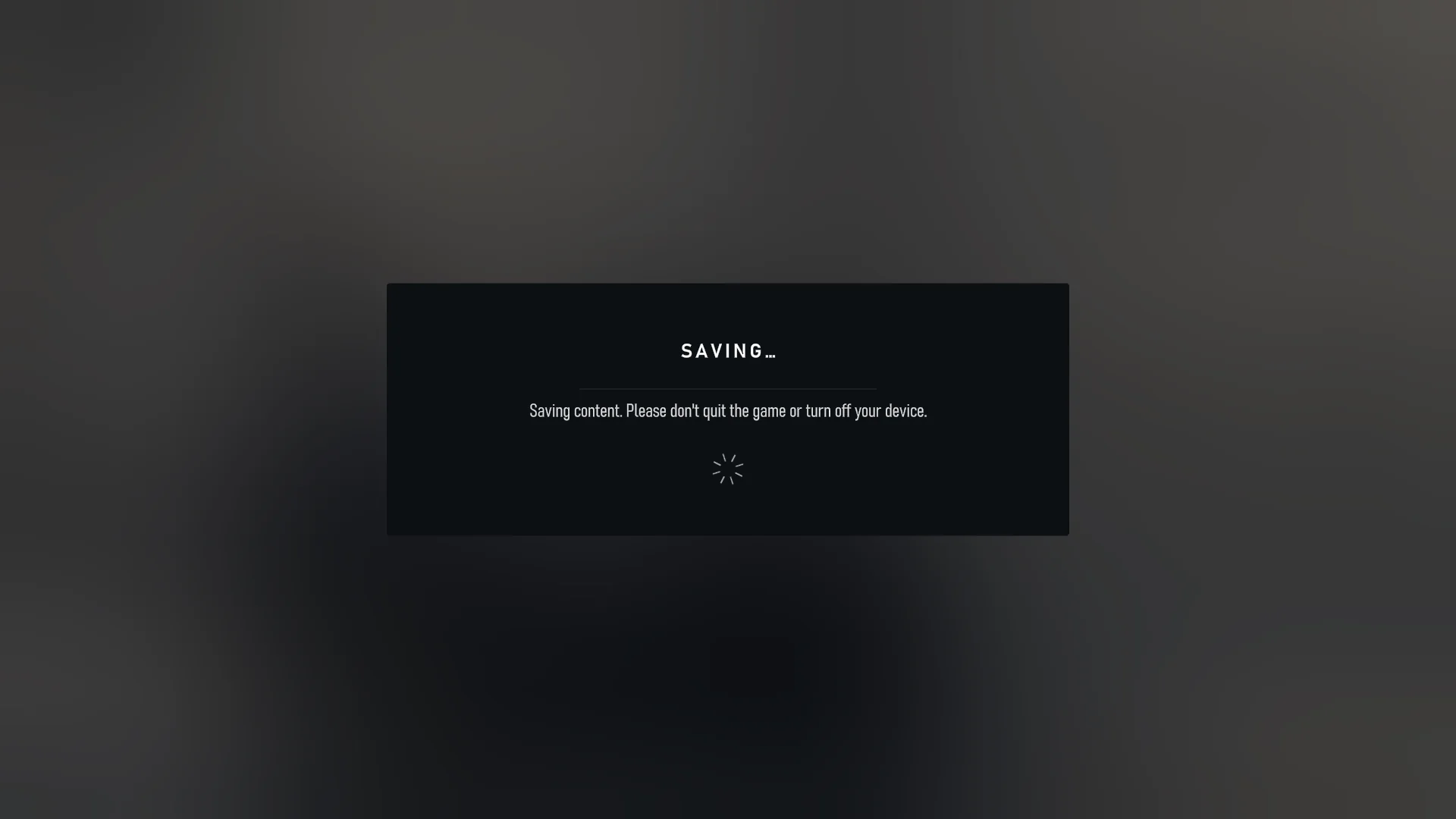Democratic Forces: Preserving Resources Amid an Authoritarian Backlash
 The situation has not changed
The situation has not changed

Democratic forces are working to rally supporters while navigating the complex challenges posed by the authoritarian crackdown in Belarus. Political groups within the Tsikhanouskaya coalition are adopting a broad boycott strategy, with many opponents of the regime expressing disillusionment and opting for absenteeism.
The democratic forces recently unveiled the “Strategy of Transition to New Belarus” project in Vilnius. The Tsikhanouskaya coalition is shifting its focus away from quick mobilization for democratic change, instead favoring a strategy of conservation during the sustained authoritarian backlash. Tsikhanouskaya’s office is aiming to engage sympathizers in public discussions about the strategy, seen as a safer form of activism during times of continuous repression.
There’s a prevailing sense of disillusionment among supporters of change due to the prolonged confrontation with the regime. Interest in social and political activism is dwindling, given the severe persecution by the authorities. Previous attempts by democratic forces to bring about regime change did not yield the expected results. In fact, according to a study by independent sociologists, the number of fervent opponents of Lukashenka decreased from 21% in 2022 to 10% in 2023.
Political organizations within the Tsikhanouskaya coalition don’t share a uniform stance on behavior during the election campaign for state institutions. Tsikhanouskaya, the leader of democratic Belarus, announced a plan involving avoiding participation in any regime activities.
Some political organizations within the Tsikhanouskaya coalition, such as “Honest People,” have opted for an “active boycott” — an attempt to mobilize sympathizers to vote “against everyone.” However, it’s unlikely that a significant number of the electorate will vote in protest. This approach introduces contradictions into Tsikhanouskaya’s general plan, and the media resources of political organizations are losing their audience due to repression by the regime.
Nevertheless, some political organizations are supporting independent candidates for parliament and local councils. These initiatives avoid coverage in independent media to prevent a reaction from the authorities and distance themselves from the Tsikhanouskaya coalition due to differences in approaches.
In summary, the Tsikhanouskaya coalition is strategically aiming to preserve its assets, anticipating a potential window of opportunity as discontent grows and society becomes more politicized in response to the regime’s unpopular actions.
Subscribe to our newsletter




Situation in Belarus
Constitutional referendum: main consequences


 Video
Video
How to count the political prisoners: are the new criteria needed?


 Video
Video
Paternalism In Decline, Belarusian Euroscepticism, And The Influence Of Russia


 Video
Video












